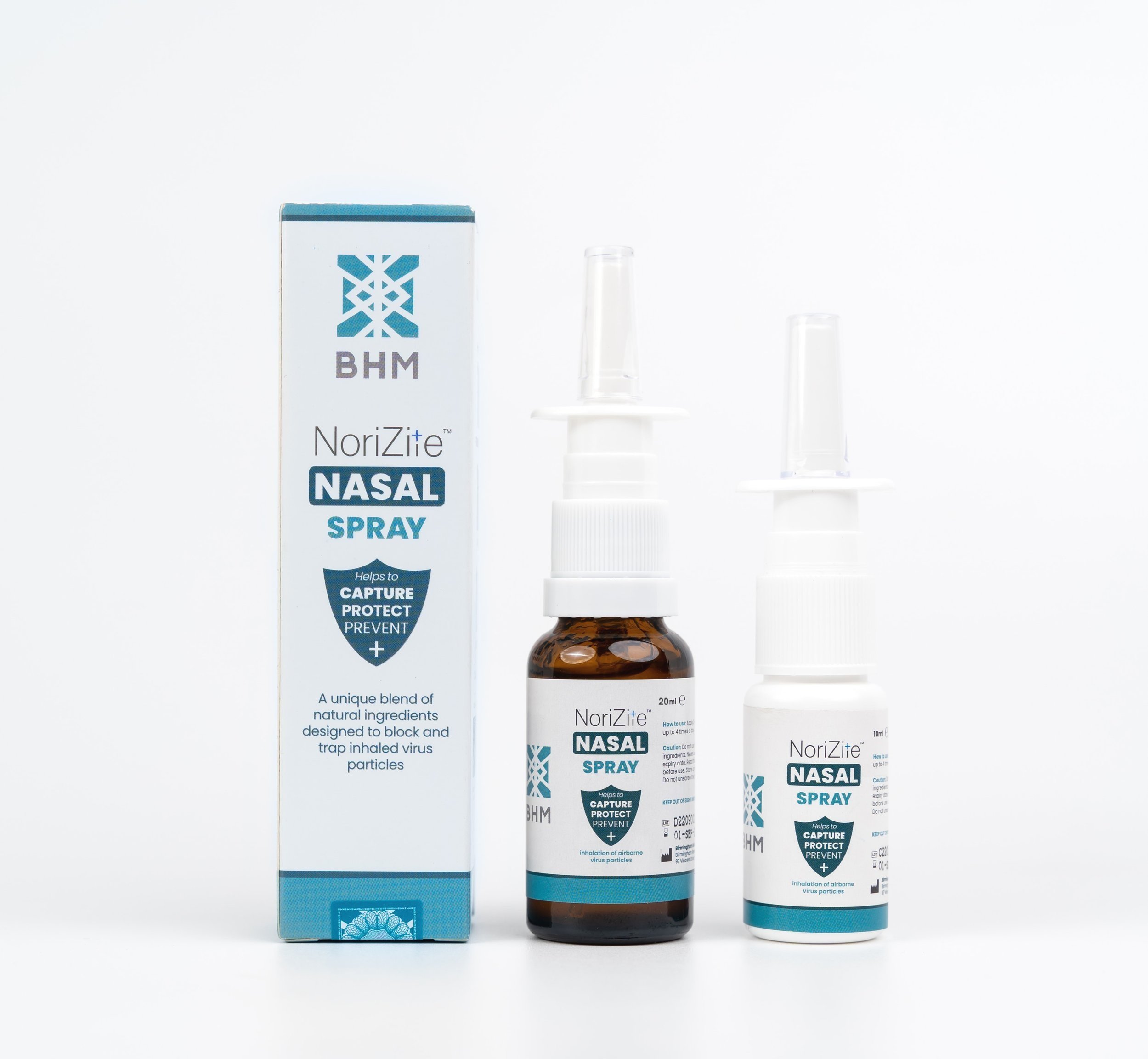

The drug has also shown “non-specific action against different groups of viruses including influenza and emerging variants of the same virus ,” added Alcendor.Ī 2021 review of studies found some test subjects experienced puffy or dry eyes, although the compound showed a good safety profile overall. The advantage of a nasal spray is “no pills and it goes right to the place where the action is,” said Carl Fichtenbaum, MD, clinical professor in the Division of Infectious Diseases at the University of Cincinnati College of Medicine. He added that it might work because carrageenan mimics heparin sulfate -a substance the COVID virus can bind with in our body-and can trap the virus to prevent infection.Īfterward, the trapped virus probably moves through the nasal cavity and down the throat, to be destroyed by stomach acid. Alcendor Ph.D., adjunct associate professor of pathology, microbiology, and immunology at Vanderbilt University School of Medicine, told The Epoch Times. “The mechanism of action is believed to be one of preventing the binding and entry of viral particles into nasal epithelial cells,” Donald J. Researchers noted that the mixture is already approved for human use in Argentina to help prevent colds and flu. More recently, scientists looked at iota-carrageenan combined with saline solution in a nasal spray to discover it effectively inhibited COVID-19 infection. Later, research found this plant extract also has potent effects against the common cold virus in laboratory testing. It’s used in cooking to thicken foods and has been added to processed foods since the 1950s. What does research show about this approach, and does it have the potential for other anti-COVID measures? Carrageenan Might Prevent Virus From Taking Hold in NoseĮxtracted from edible seaweed, carrageenan comes in three forms: Iota, Kappa, and Lamda. 10.1128/aac.A seaweed extract called iota-carrageenan, when administered by nasal spray, has shown promise for a quick and easy way to fight COVID by trapping much of the virus before it can take hold in our bodies. Sulfated polysaccharides are potent and selective inhibitors of various enveloped viruses, including herpes simplex virus, cytomegalovirus, vesicular stomatitis virus, and human immunodeficiency virus. īaba M, Snoeck R, Pauwels R, de Clercq E. Polysaccharides as antiviral agents: antiviral activity of carrageenan. Iota‐carrageenan as an antiviral treatment for the common cold. Carrageenans as broad‐spectrum microbicides: current status and challenges. Overview on the antiviral activities and mechanisms of marine polysaccharides from seaweeds. Pharmacology Research & Perspectives published by John Wiley & Sons Ltd, British Pharmacological Society and American Society for Pharmacology and Experimental Therapeutics.
#IOTA CARRAGEENAN NASAL SPRAY AMAZON TRIAL#
SARS-CoV-2 common cold iota-carrageenan meta-analysis quantile treatment effect randomized trial rhinovirus. Further research on nasal iota-carrageenan is warranted. Given that carrageenan has an effect on diverse virus groups, and effects at the clinical level on two old coronaviruses, it seems plausible that carrageenan may have an effect on COVID-19. 003) reduction in the risk of longer colds.


In the placebo group, 21 patients had colds lasting over 20 days, compared with six patients in the carrageenan group, which corresponds to a 71% (p =. Carrageenan had no meaningful effect on shorter colds. The 13.7-day colds were shortened by 3.8 days (28% reduction), and 8.8-day colds by 1.3 days (15% reduction). The fifth quintile contained patients with censored data. The mean duration of all colds in the placebo groups of the first four quintiles were 4.0, 6.8, 8.8, and 13.7 days, respectively. The increase in recovery rate was 139% for coronavirus infections, 119% for influenza A infections, and 70% for rhinovirus infections. Nasal carrageenan increased the recovery rate from all colds by 54% (95% CI 15%-105% p =.

We also used quantile regression to calculate the effect of carrageenan on colds of differing lengths. We used Cox regression to estimate the effect of carrageenan on recovery rate. In both trials, iota-carrageenan was administered nasally three times per day for 7 days for patients with the common cold and follow-up lasted for 21 days. In this individual patient data meta-analysis we examined datasets of two randomized placebo-controlled trials which investigated the effect of nasal carrageenan separately on children and adults.


 0 kommentar(er)
0 kommentar(er)
